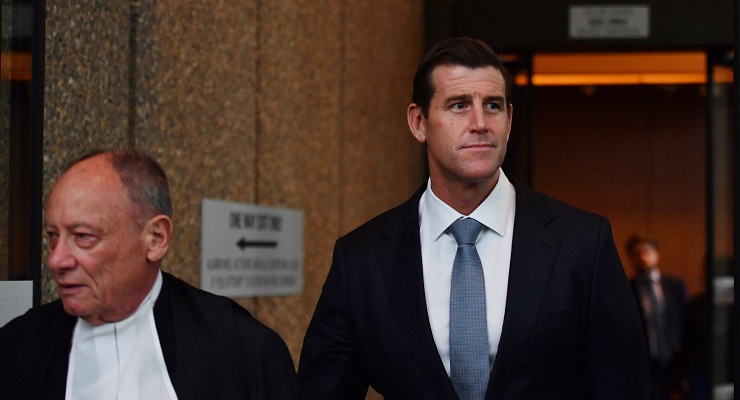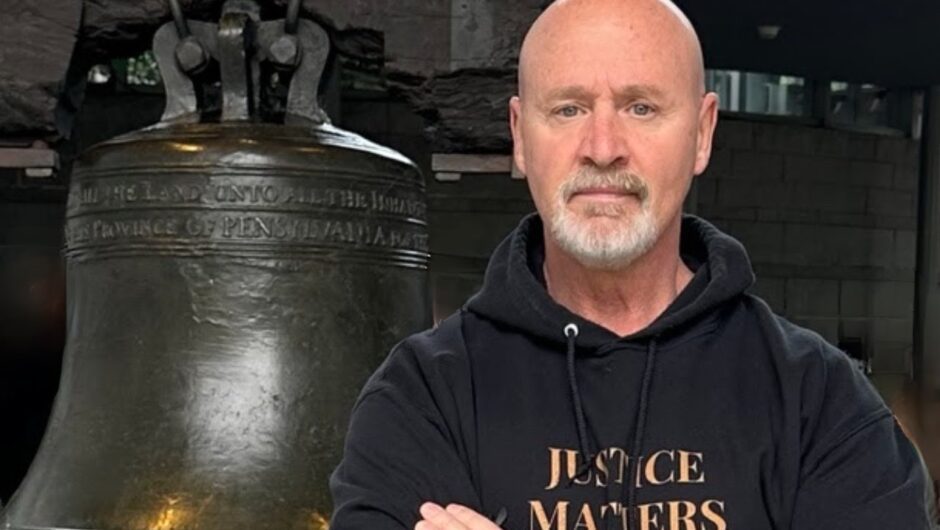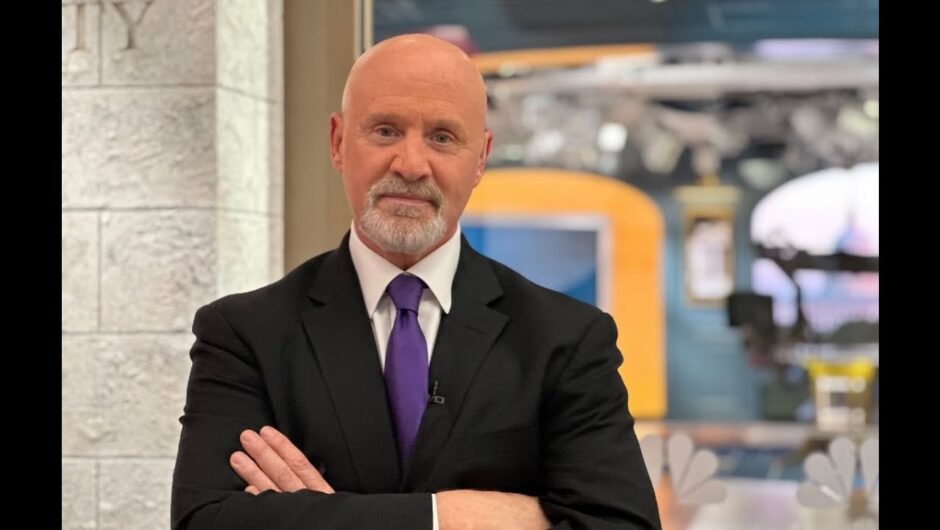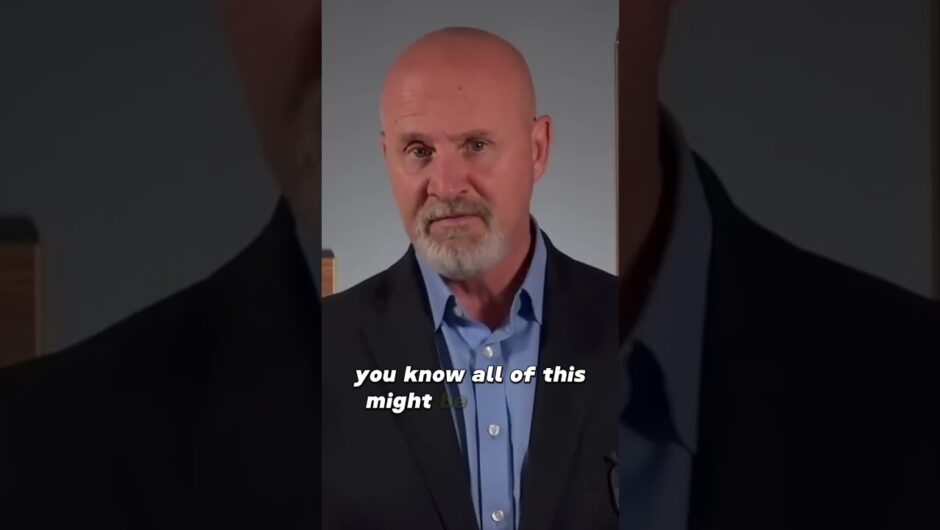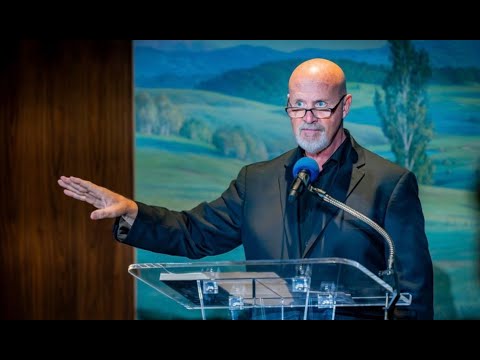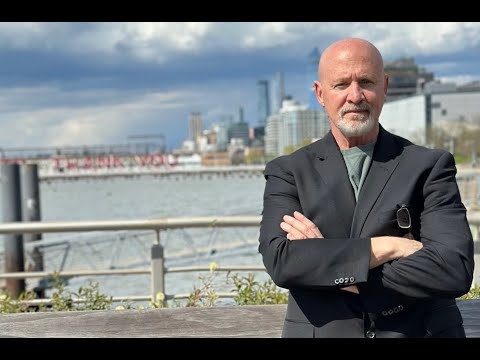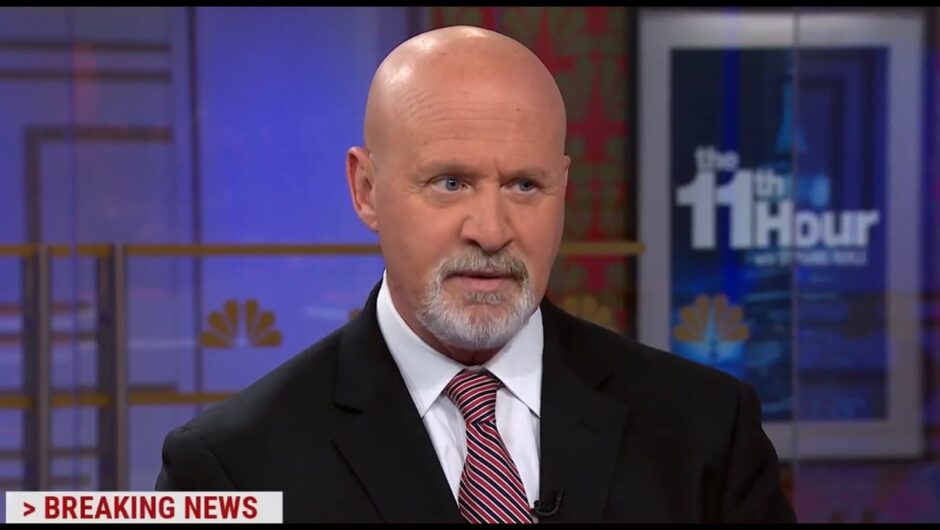The cross-examination of former SAS soldier Ben Roberts-Smith began in the Federal Court this morning as his defamation battle continued, and every seat was full.
Nicholas Owens SC, representing the media bodies being sued by Roberts-Smith, discussed with him the rules of war — as explained in the Geneva Convention and the Australian Defence Force’s Rules of Engagement, which have the force of law. Roberts-Smith agreed that it is never permissible under any of those rules to kill a “person under control” (PUC), essentially prisoner of war.
This was conduct that would disgrace the Australian Army and the nation, he agreed.
Owens asked: “Would you agree that an SAS soldier who failed to take reasonable measures to prevent a soldier under their authority from killing a PUC would be guilty of murder?”
“Yes,” Roberts-Smith replied.
The Victoria Cross winner is taking defamation action against The Sydney Morning Herald, The Age and The Canberra Times, plus three journalists, over accusations that he committed war crimes — including murder — during his service in Afghanistan. There is also a separate defamation claim over a story that he committed an act of domestic violence against a former mistress. He denies all allegations.
The newspapers had briefed longtime Fairfax adviser Sandy Dawson SC to run the trial but when the barrister became ill, Owens stepped into the breach. Dawson and Roberts-Smith’s lawyer Bruce McClintock SC have faced off in numerous defamation hearings. Like champion boxers, they know each other’s style intimately.
Owens is extremely competent but this is his first defamation trial. He is quietly spoken, a contrast in style to the combative McClintock. So far this morning he has taken Roberts-Smith through a series of questions about the war in Afghanistan and how operations were conducted.
The former soldier said that when they captured PUCs they would remove their phones and handcuff them. After that they would either write on the man’s clothing or on a piece of tape affixed to his clothing the identity of the SAS operator who had captured that person. The PUC would also be photographed.
Only “fighting-aged” males were treated as PUCs, he said, adding that this was not a strict definition and included adolescent males. All women and children were placed to one side but not physically touched or moved due to cultural issues. Soldiers would simply observe them until an interpreter appeared, being mindful of the fact that insurgents sometimes disguised themselves in a body-covering burqa, he said.
Earlier, Roberts-Smith agreed with the counsel that in the earlier years of the war, from 2006 to 2009, there was a degree of frustration among the soldiers that prisoners of war, after being processed by the ADF, were finding their way back to the battlefield.
After 2010, the protocols changed and it became a much longer procedure to repatriate the prisoners back to their own side.
For the last four days of the hearing, the former soldier has been answering questions from McClintock. He has been a credible witness — measured, concise and seemingly sincere. The responses have appeared genuine; even yesterday’s hesitancy followed by tears seemed to be a legitimate display of emotion.
Asked yesterday about the effect of the articles, he broke down and said he believed his “life was over”.
“I have to watch my family’s good name be dragged through the mud for nearly three years. It was and it is something that just crushes me, crushes my soul, because I gave so much to that job. And it’s all lies,” he said.
Roberts-Smith said he was “racked with anxiety”, struggled to get out of bed and had heart palpitations.
“I’ve lost nearly three years of my life to lies and rumours … All I can try and do is fix this for my reputation and that’s why I’m here.”
The hearing continues.

I subscribe to Crikey because I believe in a free, open and independent media where news and opinions can be published that I can both agree with and be challenged by.
As a Crikey subscriber I always feel more informed and able to think more critically about issues and current affairs – even when they don’t always reflect my own political viewpoint or lived experience.
Jess
Singapore
Join us and save up to 50%
Subscribe before June 30 and choose what you pay for a year of Crikey. Save up to 50% or, chip in extra and get one of our limited edition Crikey merch packs.

